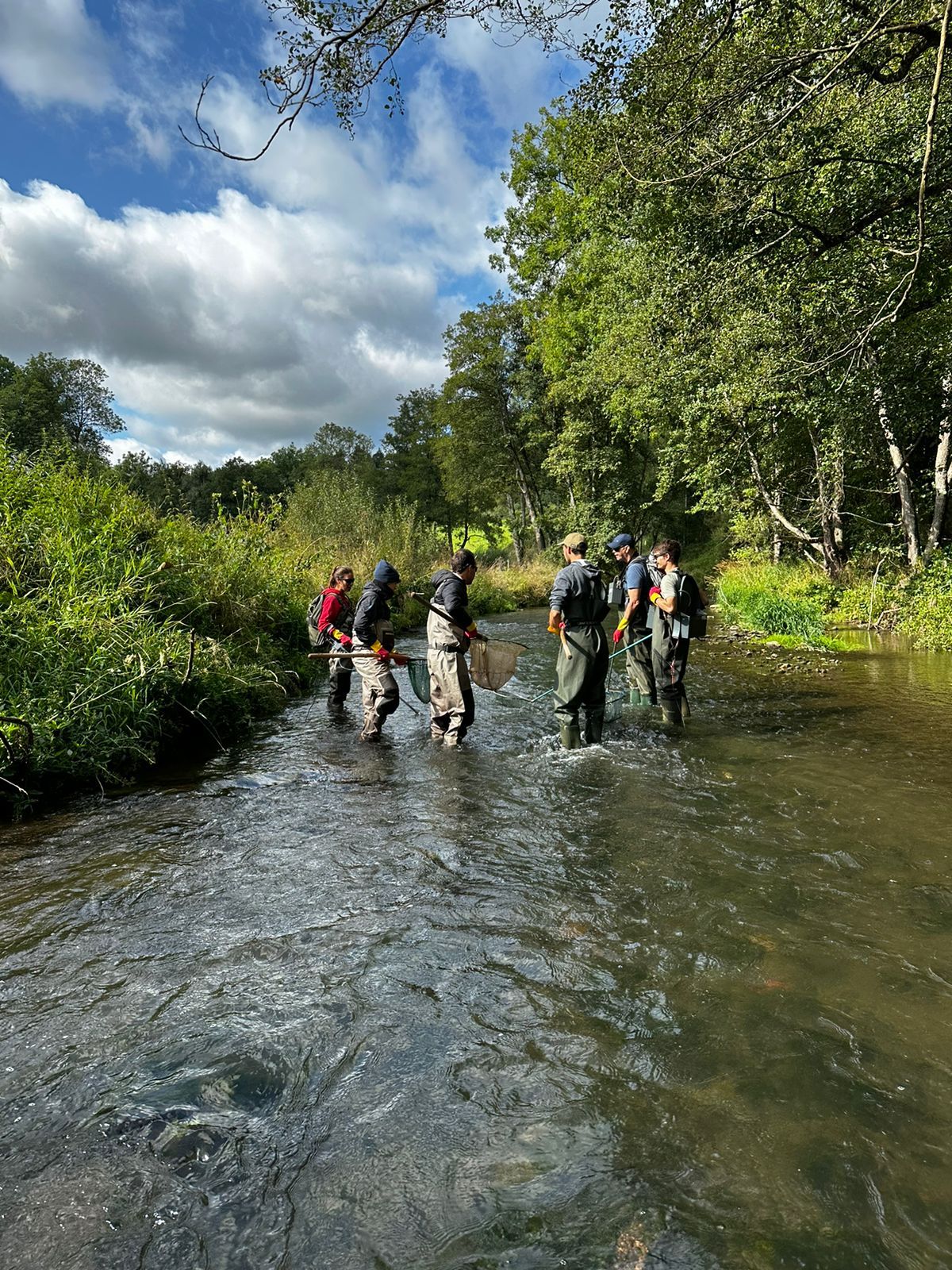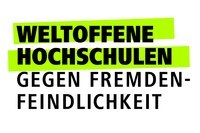Zum Profil

Protecting threatened river fish against predation (ProtectFish)

Aufgrund menschlicher Aktivität und des Klimawandels sind Süßwasserökosysteme stark beeinträchtigt. Derzeit sind mindestens 39 % der europäischen Süßwasserfische gefährdet. Viele Flussfischarten befinden sich in einem sehr schlechten Erhaltungszustand. Selbst diejenigen, die z. B. durch die Habitat-Richtlinie geschützt sind, werden nicht regelmäßig überwacht, und es fehlt oft eine Dokumentation der Bestandsentwicklung und des Zustands. So gehen auch die Bestände der einst in Rheinland-Pfalz weit verbreiteten Europäischen Äsche (Thymallus thymallus) seit Mitte der 1980er Jahre stark zurück. Heute ist die Äsche, namensgebend für die "Äschenregion", als stark gefährdet gelistet. Der in letzter Zeit stark gestiegene Prädationsdruck hat den Druck auf die Flussfische weiter erhöht, selbst in gesunden, wiederhergestellten oder wenig beeinträchtigten Gebieten. In der EU könnte Prädation der Hauptgrund für den weit verbreiteten Verlust von Populationen der Äsche sein. Die Konflikte zwischen Fischschutz und Prädation sind in den meisten Mitgliedstaaten seit Jahrzehnten trotz Schutzmaßnahmen, einschließlich der Ausnahmeregelungen (Artikel 9 der Vogelschutzrichtlinie), intensiv.
ProtectFish hat sich zum Ziel gesetzt, das Monitoring und die Schutzmaßnahmen für die in der Habitat-Richtlinie aufgeführten Flussfischarten zu untersuchen. Am Beispiel von Kormoranen (Phalocorax carbo sinensis) und Äschen werden Schutzmaßnahmen entwickelt und getestet. In kleinen und großen Feldexperimenten soll gemessen werden, wie sich die Verringerung des Kormoran-Prädationsdrucks auf die Fischpopulationen auswirkt. Außerdem wird der aktuelle Populationsstatus von Kormoranen und Äschen in der EU abgeschätzt. Die Ergebnisse von ProtectFish werden direkt zur Umsetzung der EU-Biodiversitätsstrategie, von Natura 2000 und der Wasserrahmenrichtlinie sowie zu einem verbesserten Management beitragen.





